2,800-year-old agricultural treasures unearthed in Türkiye’s Kahramanmaras
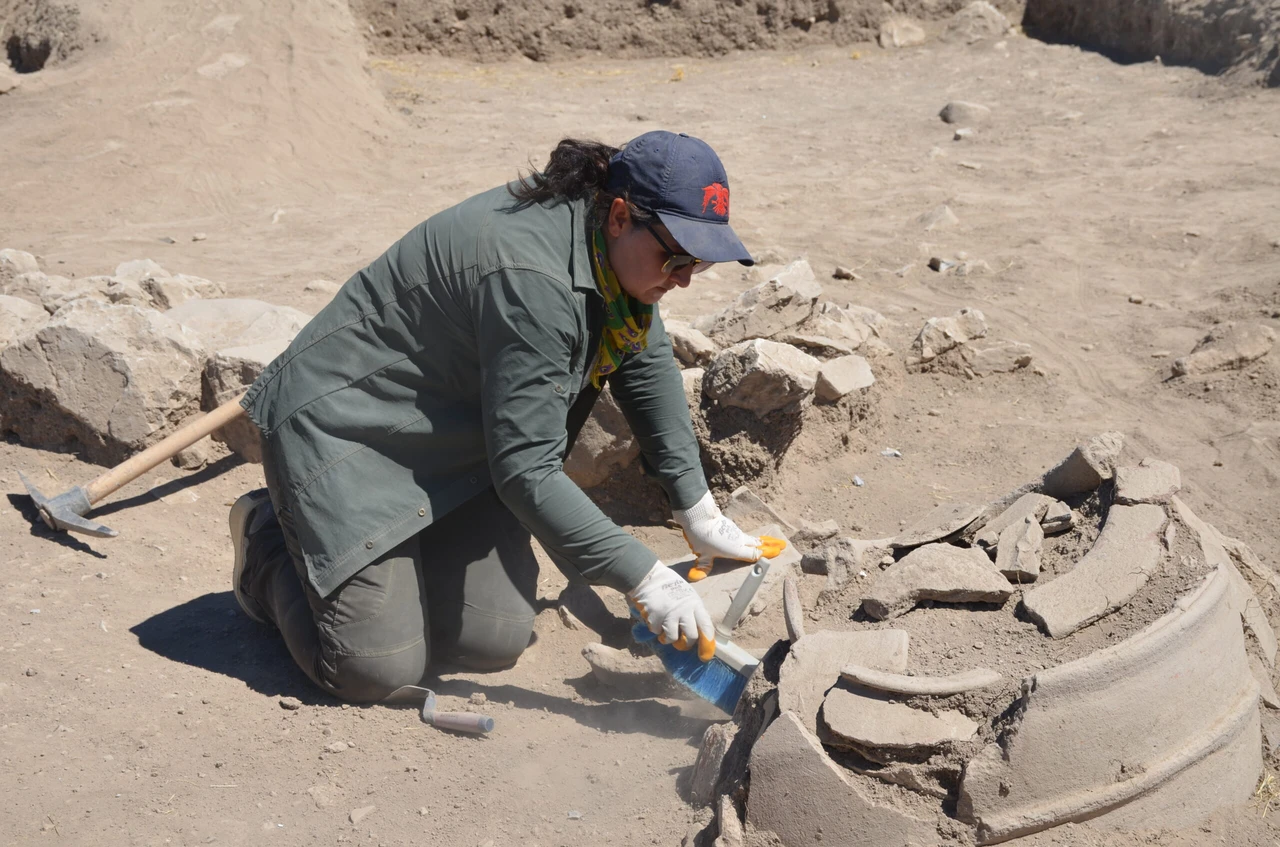 Yassi Hoyuk in Kahramanmaras, Türkiye, August 23, 2024 (AA Photo)
Yassi Hoyuk in Kahramanmaras, Türkiye, August 23, 2024 (AA Photo)
In a groundbreaking discovery, archaeologists at Yassihoyuk in Kahramanmaras, Türkiye have unearthed an extraordinary agricultural treasure: 21 kilograms (46.2 pounds) of carbonized chickpeas, apricot pits, wheat, grapes and garlic cloves dating back 2,800 years.
This remarkable find provides new insights into the ancient agricultural practices of the region.
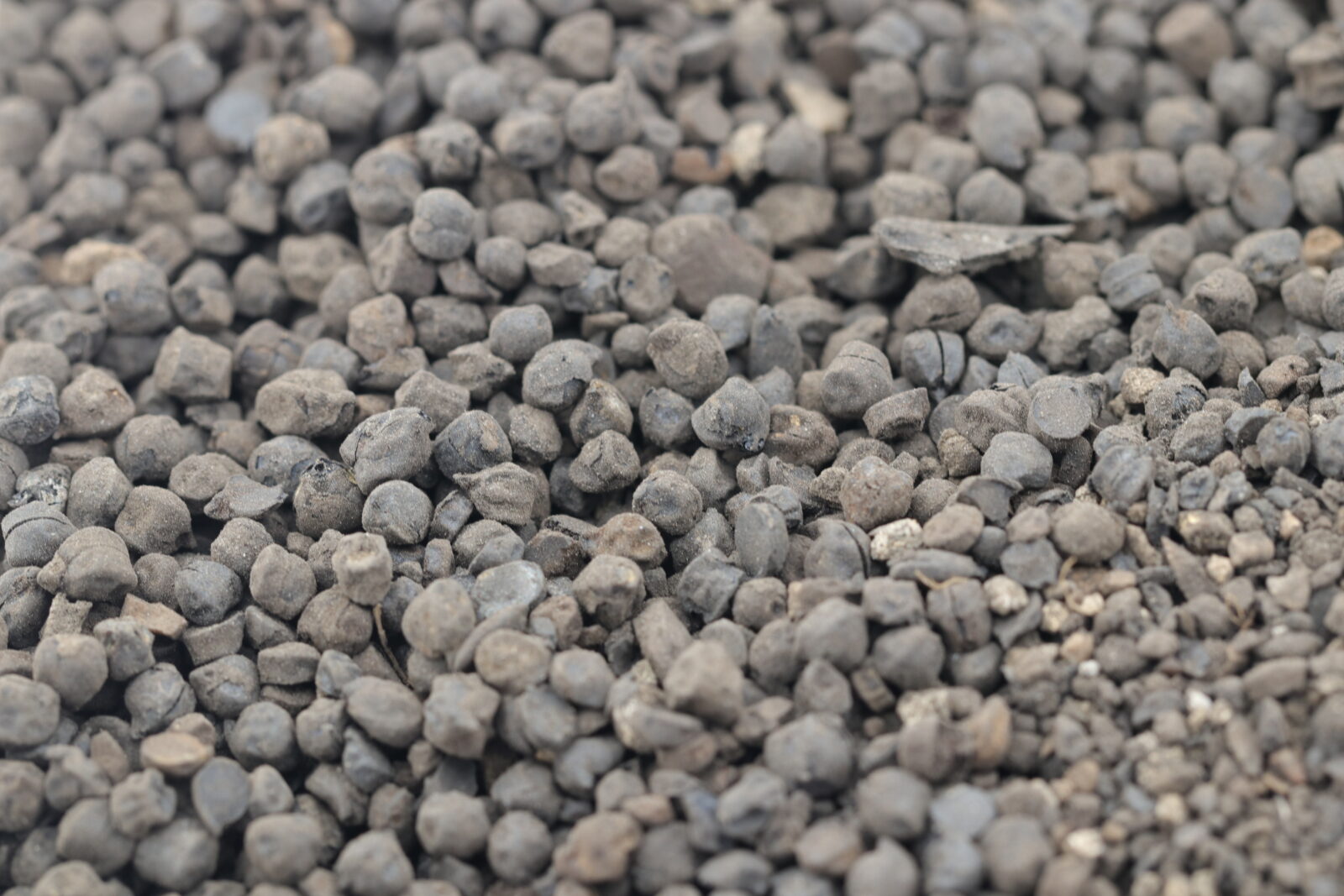
Details of excavation, agricultural treasure
Excavation efforts at Yassihoyuk, led by Elif Basturk from Ahi Evran University since 2021 with support from the Ministry of Culture and Tourism, have uncovered a wealth of information.
The team has identified nine distinct archaeological layers ranging from 6,000 B.C. to 275 A.D., revealing the site’s historical depth and agricultural significance.
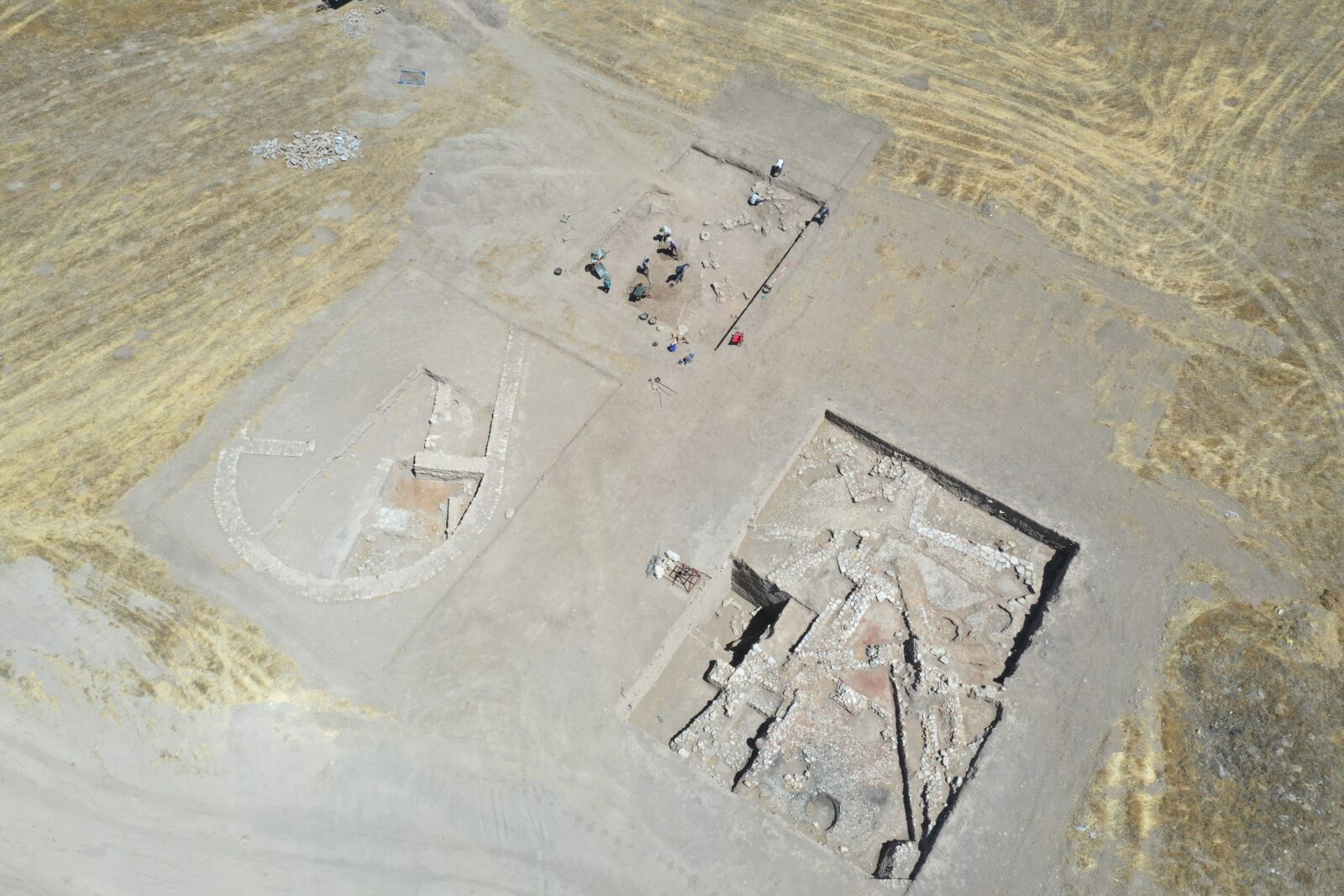
Basturk highlighted the rarity and importance of these finds: “While smaller quantities of such artifacts are common in archaeological digs, discovering 21 kilograms of carbonized agricultural products is exceptionally rare. These findings provide crucial insights into the region’s agricultural heritage.”
The carbonized artifacts found include chickpeas, apricot pits, wheat, grapes, and garlic, offering a glimpse into the agricultural practices of the ancient inhabitants of Yassihoyuk.
These discoveries not only demonstrate the region’s rich agricultural history but also highlight its potential as a significant agricultural center in ancient times.
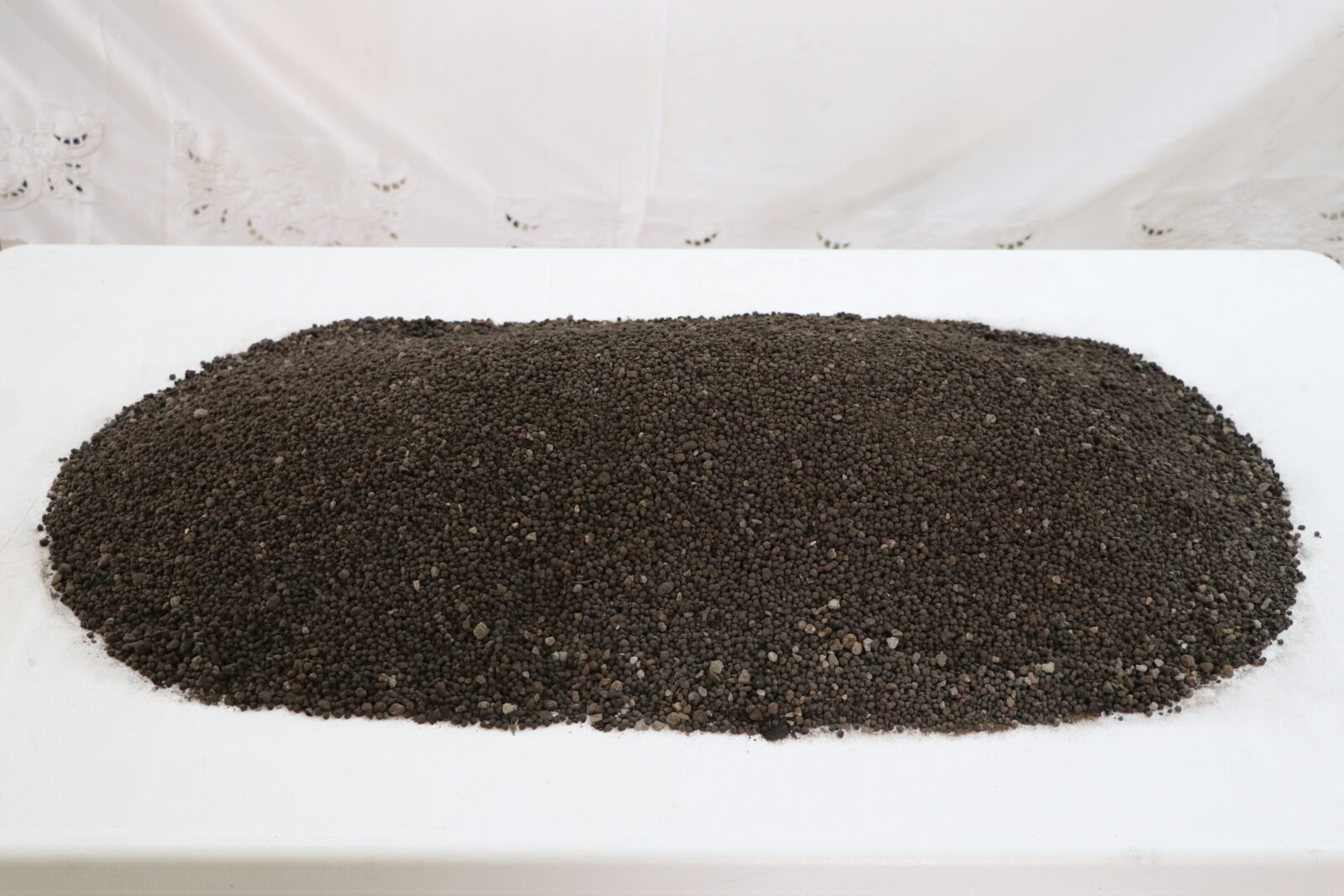
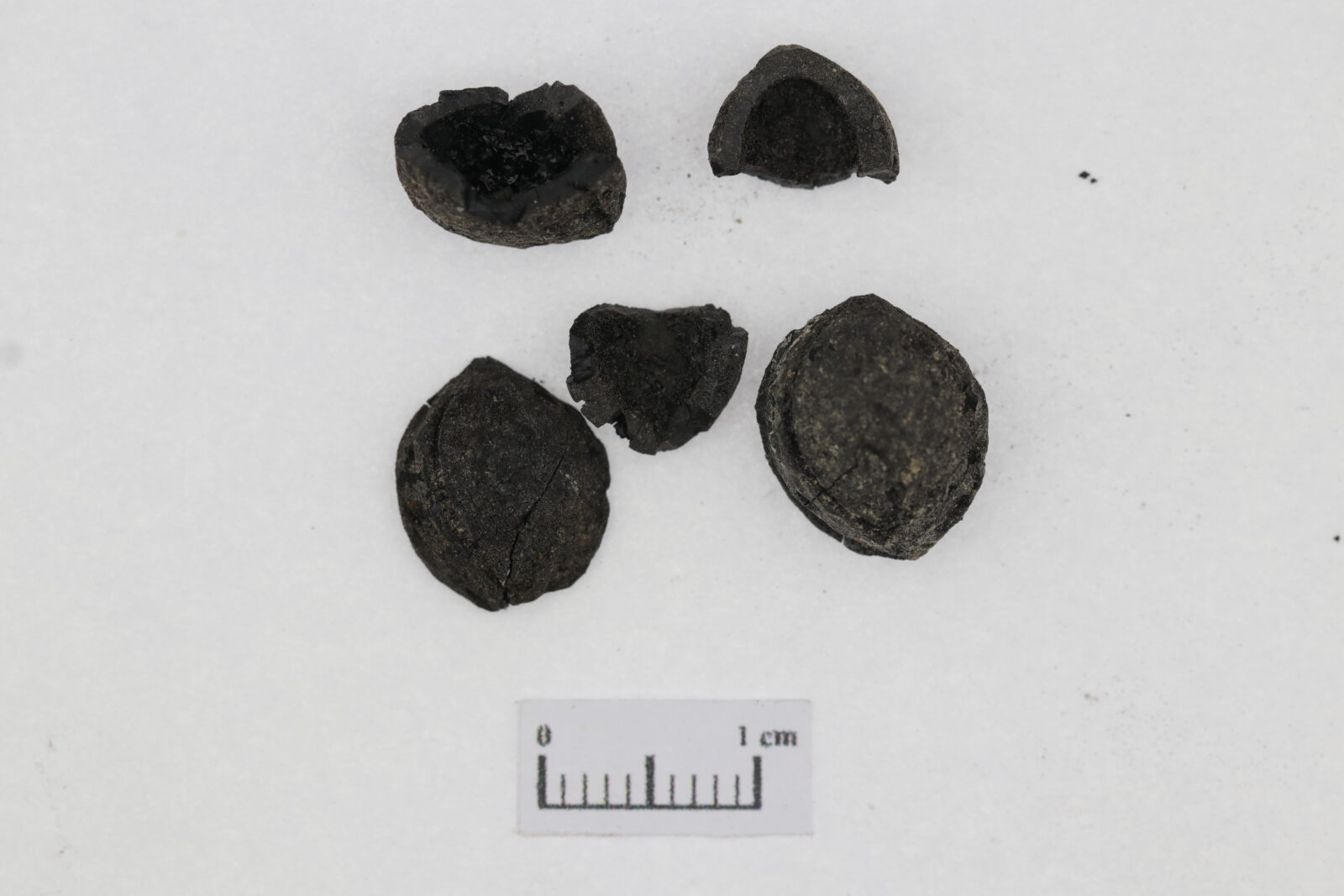
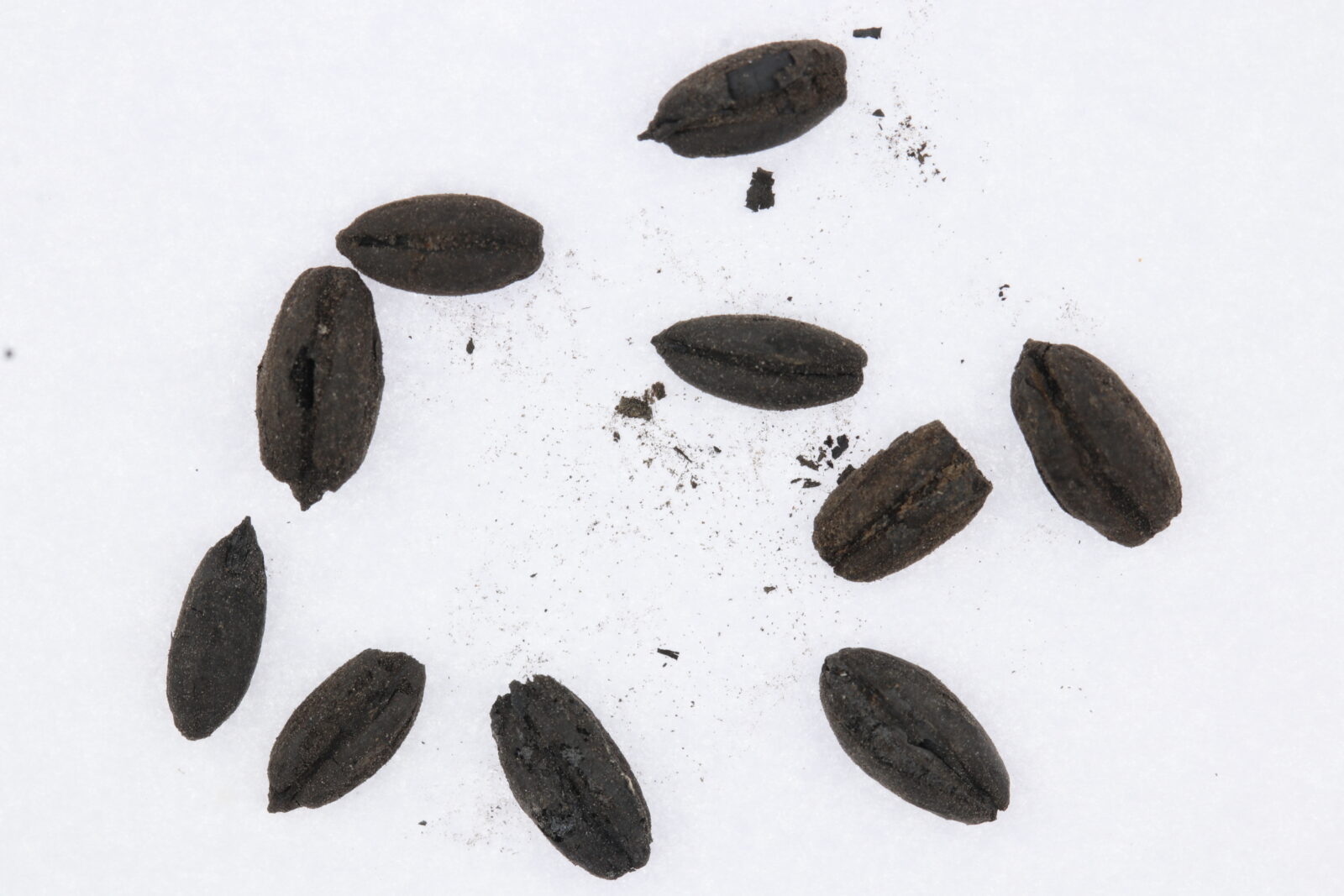
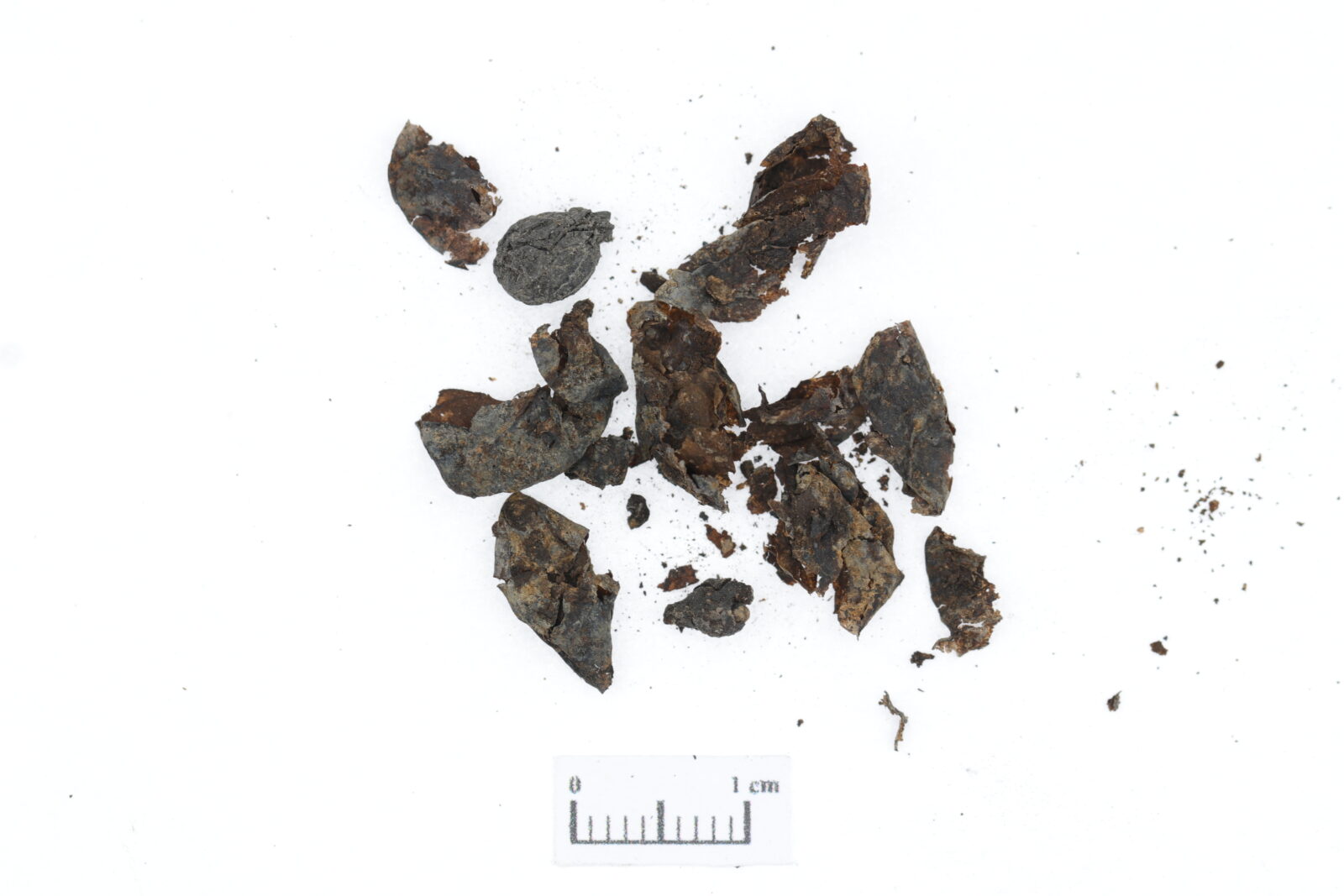
Archaeological significance of findings
The artifacts date back to the Late Iron Age and the Achaemenid period (Persian Empire). The excavation revealed intricately crafted stone pavements and structures, suggesting that Yassihoyuk may have served as an important administrative center.
The discovery of finely crafted marble slabs, akin to those found in Achaemenid or Assyrian palaces, indicates the presence of an elite class and the site’s role in regional administration.
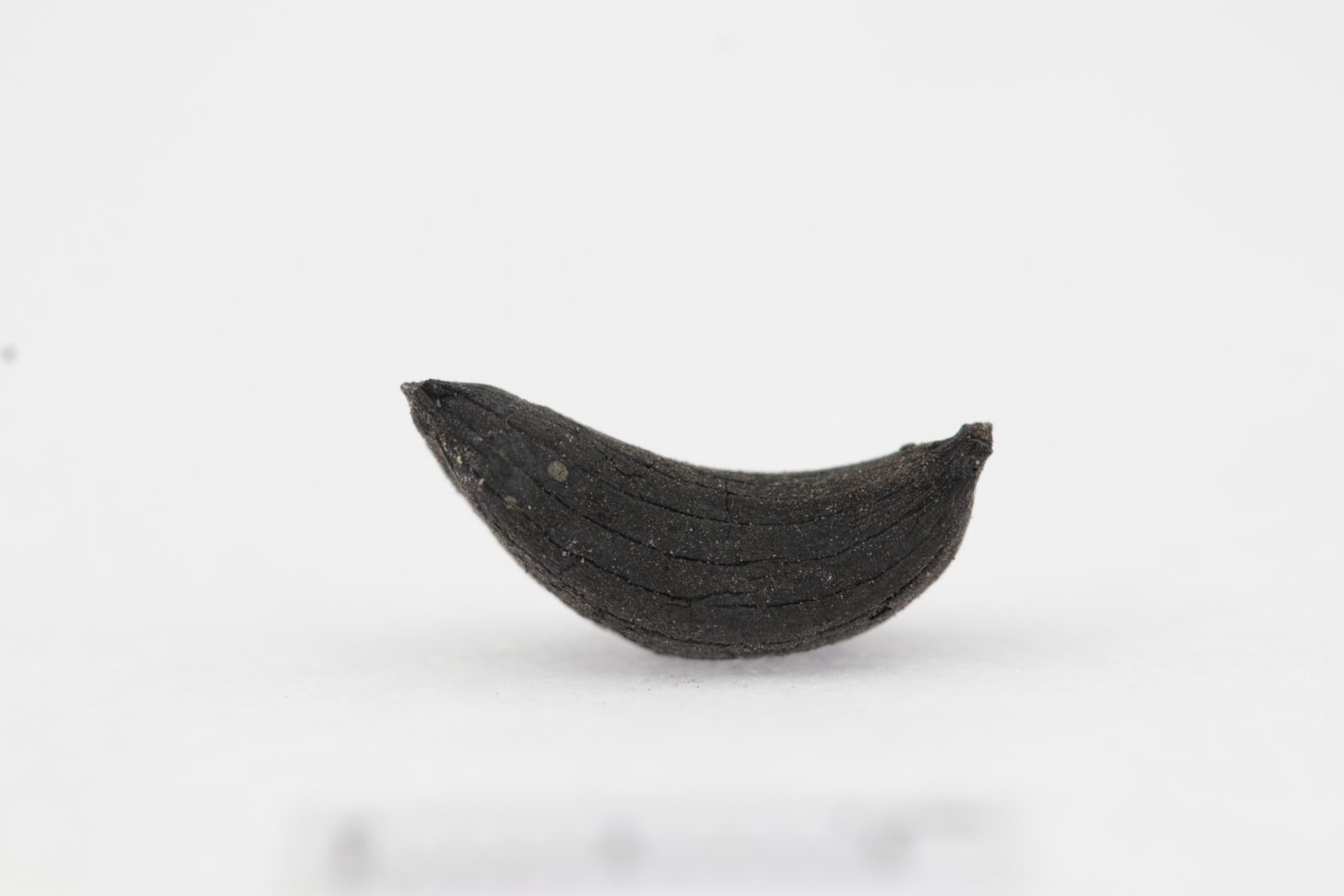
Historical continuity of local garlic
Basturk also noted the significance of the garlic cloves found in the excavation. These findings suggest that the cultivation of Afsin’s renowned Kocovasi garlic may date back 2,800 years.
This discovery underscores the long-standing tradition of specialized agricultural production in the region.
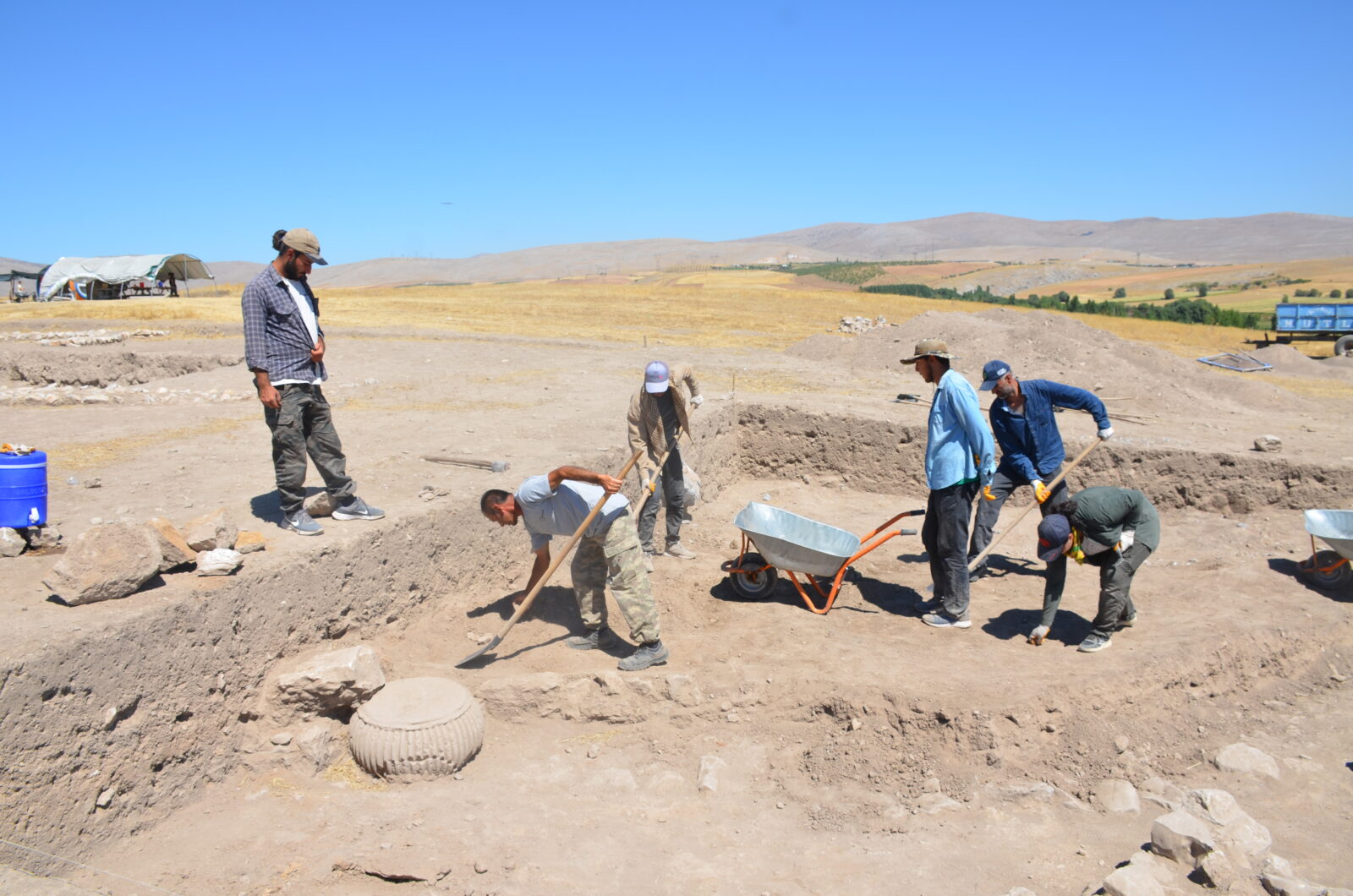
Implications for regional agricultural history
The substantial agricultural artifacts found at Yassihoyuk highlight the area’s enduring agricultural importance. The findings provide valuable data on the region’s historical agricultural practices, showcasing its rich and diverse agricultural heritage.
This discovery at Yassihoyuk not only enriches our understanding of ancient agricultural practices but also emphasizes the historical significance of the Kahramanmaras region.
The groundbreaking discovery at Yassihoyuk in Kahramanmaras represents a pivotal moment in our understanding of ancient agricultural practices.
The extensive collection of carbonized chickpeas, apricot pits, wheat, grapes, and garlic cloves not only highlights the region’s rich agricultural heritage but also sheds light on its historical significance as an early agricultural center.
This remarkable find, dating back 2,800 years, provides invaluable insights into the agricultural advancements of the era and underscores the enduring importance of Kahramanmaras in the annals of agricultural history.
As excavation efforts continue, Yassihoyuk promises to offer even deeper revelations about the ancient civilizations that thrived in this historically rich region.



